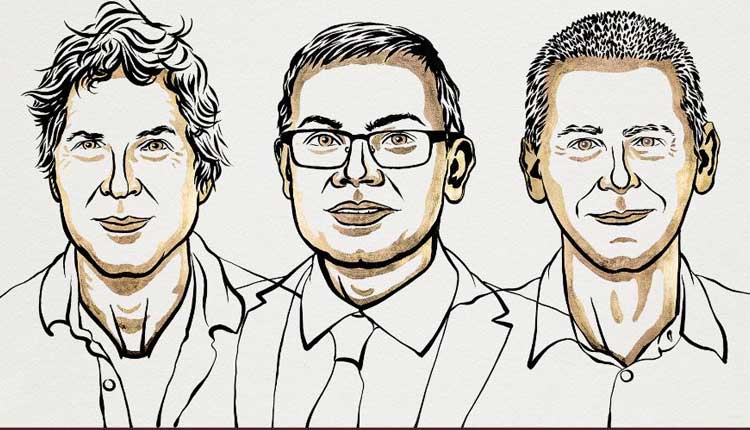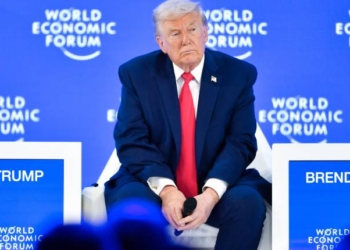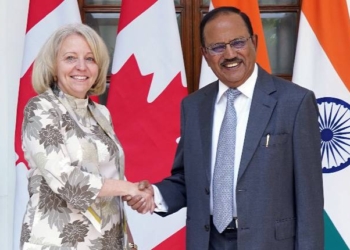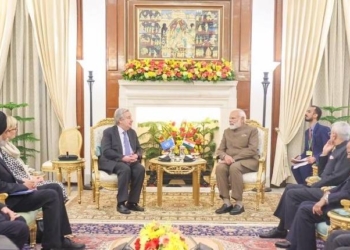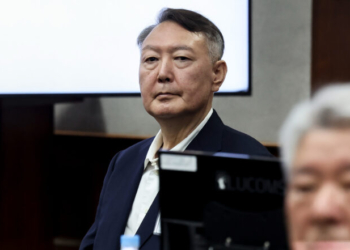Stockholm: Two Google DeepMind scientists Demis Hassabis and John M. Jumper, along with Washington University Professor David Baker, on Wednesday won the 2024 Nobel Prize in Chemistry.
The scientists won the prestigious award for their research on protein design and structure.
“The Royal Swedish Academy of Sciences has decided to award the 2024 Nobel Prize in Chemistry with one half to David Baker ‘for computational protein design’ and the other half jointly to Demis Hassabis and John M. Jumper ‘for protein structure prediction’,” the Academy said in a post on X.
Hassabis is currently the CEO of Google DeepMind in the UK, and Jumper is a Senior Research Scientist at Google DeepMind.
While Baker from the US succeeded with the almost impossible feat of building entirely new kinds of proteins, Hassabis and Jumper from the UK developed an AI model to solve a 50-year-old problem of predicting proteins’ complex structures.
“One of the discoveries being recognised this year concerns the construction of spectacular proteins. The other is about fulfilling a 50-year-old dream: predicting protein structures from their amino acid sequences. Both of these discoveries open up vast possibilities,” said Heiner Linke, Chair of the Nobel Committee for Chemistry.
Baker, in 2003, succeeded in using 20 different amino acids to design a new protein. His research team has since then produced one imaginative protein creation after another, including proteins that can be used as pharmaceuticals, vaccines, nanomaterials, and tiny sensors.
Since the 1970s, researchers have been trying to predict protein structures from amino acid sequences, which proved to be notoriously difficult. However, in 2020, Hassabis and Jumper presented an AI model called AlphaFold2. AlphaFold2 — being used by more than two million people from 190 countries — helped them to predict the structure of virtually all the 200 million proteins that researchers have identified. The discovery ushered better understanding of antibiotic resistance and helped create images of enzymes that can decompose plastic.
The Academy noted the discoveries made by these scientists “hold enormous potential”. One-half of the prize amount of 11 million Swedish kronor ($1.1 million) will be given to Baker, while the other half will be divided between Hassabis and Jumper.
(IANS)




